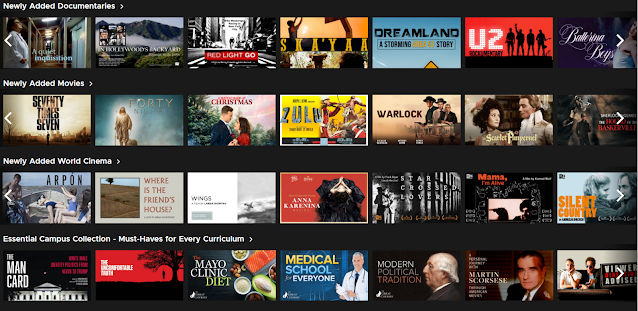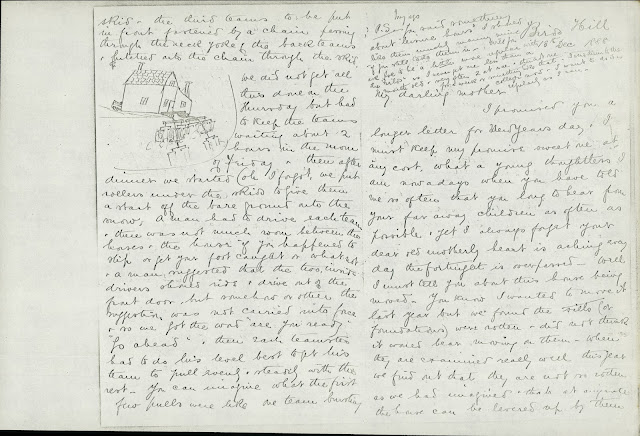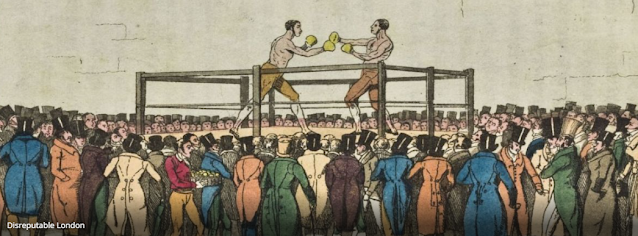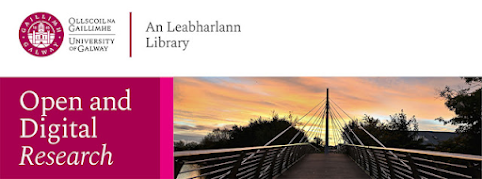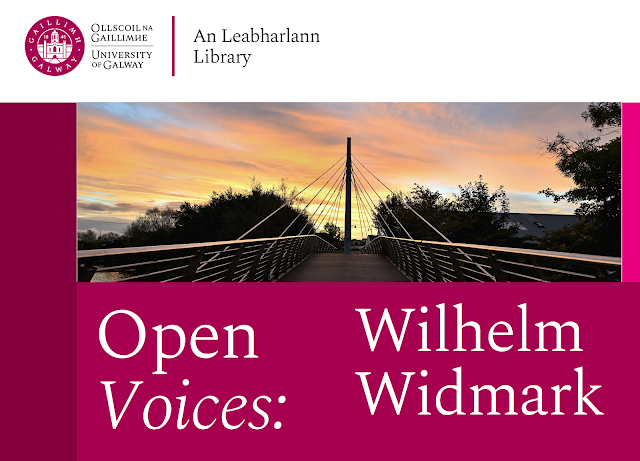The O’Callaghans of Fallagh — and the Kerby Miller Collection

The families of Owen Callaghan and David Flynn in Fallagh townland, just outside Kilmacthomas, Co. Waterford, emerged from the Great Famine with their large farms intact. Owen had died by 1850, leaving his widow Margaret holding their 212 acres, three vacant houses, outbuildings and a valuable dwelling house, all worth £164, making them one of the strongest farming families in the region (in comparison, the neighbouring Flynn farm was valued at £99). Owen, (likely her son), inherited the farm and was among the rate-payers representing Upperthird barony in the county presentment sessions. He died in 1895 aged 67 and by 1901 his wife Kate, with four unmarried adult sons and a daughter remained on the farm, employing two labourers. By then they had adopted O’Callaghan as their official name. It was William, who inherited the farm in turn, becoming a widely respected dairy farmer and progressive agriculturist, until his death aged 80 in 1954. Two years previous, the two ‘esteemed and well ...
